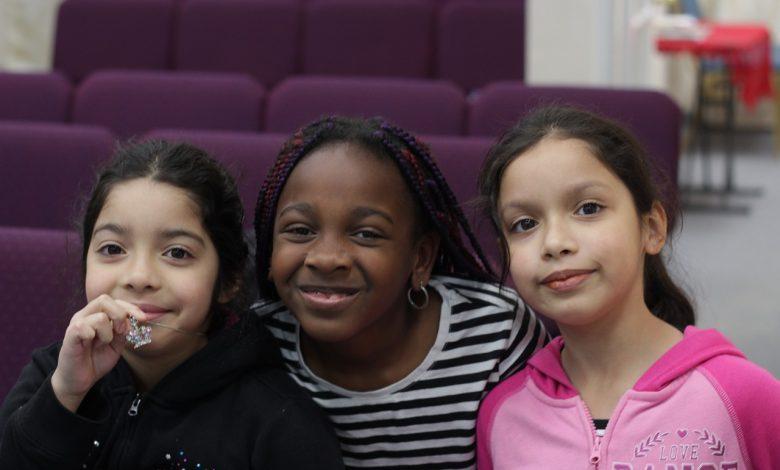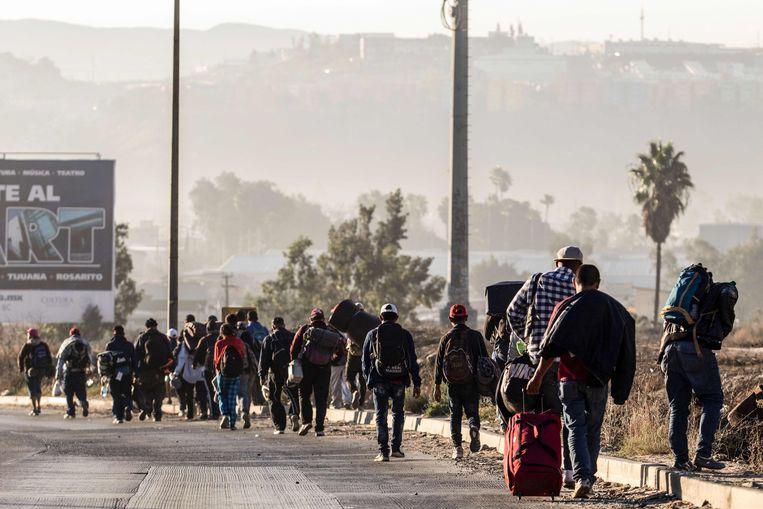Legacy of Africa in Latin America

The colonization of America implied the forced arrival on the continent of a large number of African men and women who were obliged to participate in the construction of what was then called the “New World.”
Because of their size, their numerical presence, their enormous capacity for work, their heterogeneity, their cultural richness, and their values, Africans contributed to determining the profiles that emerging American societies would acquire.
Five centuries later, this contribution is still alive in forms and rhythms in keeping with the way these societies operate. Today, Afro-descendants represent at least 30% of the continent’s population, exceeding 160 million people.
African heritage nourishes our American identity (in addition to indigenous, Caucasian, Jewish, Asian, and many others) even though it has rarely been recognized and much less appreciated and celebrated than it should have been.
Its influence can be felt in every corner of Latin America and Portugal: from Veracruz, Oaxaca and Guerrero in Mexico to the coast of the Gulf of Honduras in Central America, in all the island territories of the Caribbean, The Pacific and Atlantic coasts of Colombia, neighboring Venezuela, northeastern Brazil and even the Río de la Plata, to the Southern Cone.
Contrary to a widespread belief, this heritage is not only the heritage of afro descendants or those whose physical traits reveal uninterrupted bonds with Africa.
As the anthropologist and researcher, African diaspora specialist Sheila Walker, argues, “the Afro component represents an integral part of the entire society in each of the young nations of Latin America and the Caribbean.” The cultural baggage fuels the cultural repertoires of Latin America.
To demonstrate this, it is enough simply to consider different forms of expressions of spirituality, the African words incorporated as much in the Spanish as in the Portuguese, the dishes, the musk and the traditional dances which identify each of our countries. Even the names of some of these “national” dances were created in Central Africa or are related to the Bantu language. This is the case of the Brazilian “samba”, the Cuban “rumba” and the Puerto Rican “bomba”.
The African impact in America is so immense that it even affects the countries of the region that have been most engaged in exalting their “European origins” or ensuring that they have no link with Africa. In any case, the affirmation of “Europeans” was enhanced at the expense of the African past, the features of which were properly overshadowed.
In this sense, one of the paradigmatic cases is that of Argentina. Until the middle of the 19th century, the country had an important component of its Afro-descendant population that resided around the city of Buenos Aires. Subsequently, this metropolis was transformed into a “Paris in America” and was transformed with pride into a reflection of the Old World. In the same way, during the wars of independence,
Despite the “forgetfulness” of history and the systematic negation, the echoes of this black presence continue to resonate until now, even if they prove indecipherable for the younger generations. One of the popular and traditional dishes in Argentina is the “mondongo”, although it is unknown that this word has resonances undeniably African. Some anthropologists and researchers indicate that the term “tango” (which defines the traditional dance of the Río de la Plata) comes from “tanga” which in the Kikongo language means “festival or festival”.
We must recognize the multicultural nature of our heritage, and the distinctive diversity of our societies which is undoubtedly its greatest strength. A more objective process of appreciation and understanding of our past would make it easier to confront the challenges of the difficult Latin American reality, including institutionalized racism, political marginalization and social exclusion of ethnic or ethnic groups and minorities. The chronic poverty of the most vulnerable sectors…



